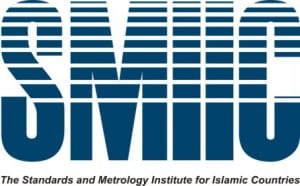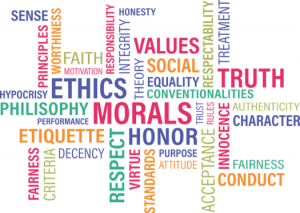It all started about 2 years ago by a rumor: Coca Cola contains alcohol. A
silly accusation but immediately spread and accepted by Muslims. In forums and
articles more or less credible. Community media and associations like the AL
KANZ blog, in style, attacked Coca Cola France. They have received a standard
response that “our product does not contain alcohol according to government
standard testing”. But that did not suffice as the legislation considers alcohol
content under 1.2% to be considered as alcohol free. Where does that leave the
drink with the secret recipe?
After some hesitation, the management of Coca Cola France decided to
approach the “Parisian Mosque certification Organization” explained Phillipe
Marty, spokesperson for the company. This asked for testing of Coke in an
independent laboratory. Then we have guaranteed that our product is indeed
alcohol free, thus Halal as explained Al Sid Cheikh, chief of certification who
regrets these accusations which have no religious merit. It is rather political.
But organizations worry about image.
Internet boycott
calls
A list of products to be boycotted are circulating on the net. The makers
of these products are accused of financing Israel. Coca Cola is on the list.
“Coca Cola is Haram
And others like “Drinking Coke encourages the terrorist state of Israel”
as well as messages which want to ban Coke as “Jewish”
Whole families “avoid Coke for precaution” assures the secretary of the
Union of Muslim Associations of Seine-Sainte-Denis who convened the CEO of Coca
Cola France, Christian Polge, to explain last June. He went to Drancy, hoping to
clear the incident of the Halal certification. But he had to justify “Coke Colas
position in the ME conflict.
He reminded them that Coca Cola s plant in Ramallah is the largest
employer in the area.
Since the data shown by the company, the situation seemed to have calmed
the rumors and UAM no longer supports boycotts but just asks for “transparency
on the important subjects affecting Muslims so that they can form their best
judgments”
Other brands also feel the community pressures which include serious
requests as well as stigmas. In January, McDonalds was accused of changing its
Thursday menus to facilitate Israel to buy arms. Masterfood, who makes Snickers
and Bounty had to remove animal fat from its products to avoid Muslim bans.
Drugs and cosmetics need to precisely state they do not include gelatine nor
alcohol to avoid the disaffection of a public who demands each day more specific
religious compliance.



